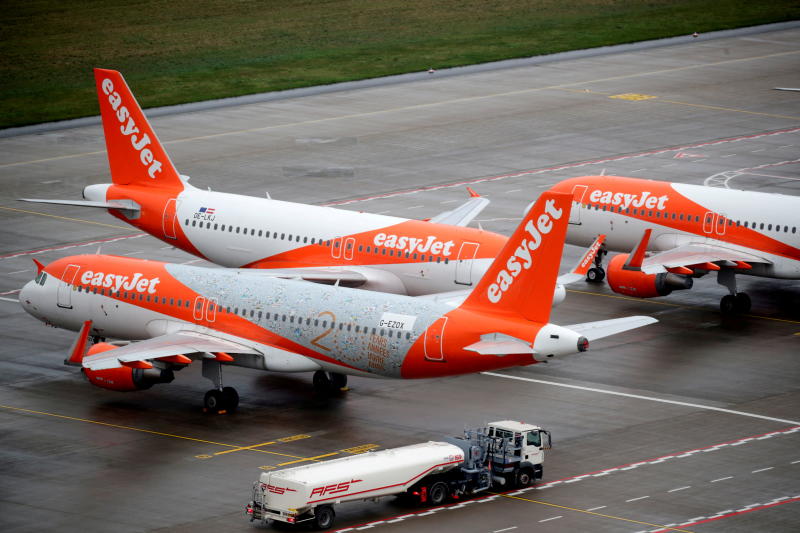
The European Union is relaxing its guidance for mask wearing on flights starting next week even as many airlines have already abandoned those rules with Covid-19 concerns easing.
Wearing face masks at airports and inflight should be aligned with national measures, the European Union Aviation Safety Agency said in a protocol published on Wednesday. If either the departure or destination states require the wearing of face masks on public transport, aircraft operators should ask passengers and crew to comply, the agency said.
“From next week, face masks will no longer need to be mandatory in air travel in all cases, broadly aligning with the changing requirements of national authorities across Europe for public transport,” EASA Executive Director Patrick Ky said in a press release. The new guidance come into effect on May 16.
The recommendation follows the latest scientific evidence and expert opinion from the European Center for Disease Prevention and Control. Many airlines, including Brussels Airlines, have already announced that they won’t enforce masking rules in flight. The easing of restrictions is adding confidence to Europe’s biggest airlines, which are kicking off summer operations amid a surge in bookings.
The protocol relaxes last June’s strict recommendation of mandating medical face masks for all passengers and persons at the airport and in the aircraft. Aircraft operators, however, should continue encouraging passengers and crew to wear masks during the flight and in the airport, even when not required, as it is still one of the best protections against the virus transmission, the agencies said.
Member states should also ensure that their travel-related measures are communicated effectively and in a coordinated manner to avoid confusion among travellers and a reduction in compliance, they added.